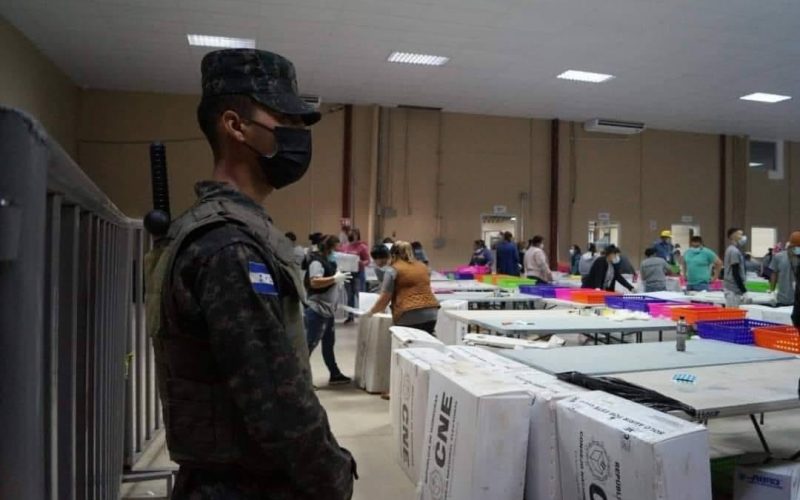The Honduran electoral environment has begun to attract unusual attention both inside and outside the country. With the 2025 general elections fast approaching, various organizations and security experts warn that signs of polarization could jeopardize the transparency and credibility of the elections, insisting on the need to safeguard the will of the people.
Warnings about institutionality and electoral logistics
The entity Electoral Transparency released an initial assessment highlighting the nation’s institutional fragility, noting friction among governmental branches and shortcomings within electoral bodies. The group emphasized that operational efficiency and strict compliance with the law would be vital in averting post-election anomalies and disputes.
The text highlights the Armed Forces’ duty to protect electoral supplies and ensure public order throughout the voting period. Experts believe their involvement will be vital for preserving the process’s integrity, particularly concerning the transmission of results, which is currently a major point of focus.
Allegations of possible irregularities
In the concluding phase before the elections, opposition groups, experts, and civic associations started raising alarms about potential “massive fraud,” linking these worries to the current state of the governing party, LIBRE, which, based on independent surveys, is undergoing its most challenging electoral period. These factions suggest that a positive outcome for LIBRE would only be attainable through manipulation, despite the party having firmly denied these allegations.
The discussion has also centered on supposed organizational coercion and insufficient clarity in crucial processes, factors that fuel public skepticism. Openness in the reporting of outcomes and oversight of those managing election operations are viewed as vital elements for averting a significant political upheaval.
International observation and demands
International observers and national organizations have reiterated the need for a clean, verifiable, and interference-free electoral process, warning that any sign of manipulation could lead to institutional instability. These warnings coincide with calls to guarantee the independence of state powers and strict compliance with electoral regulations, aspects that condition public confidence in the results.
The circumstances confronting Honduras involve a blend of political polarization, concerns regarding institutionality, and the necessity for active civic engagement. The emphasis on the function of the military and electoral entities underscores the interdependence between logistics, security, and governance, elements that will shape public opinion concerning the electoral process’s legitimacy.
As the nation approaches election day, reports and warnings emphasize that preserving democracy and avoiding an institutional crisis will depend on the ability of the actors involved to ensure that the results reflect exclusively the will of the Honduran people.




